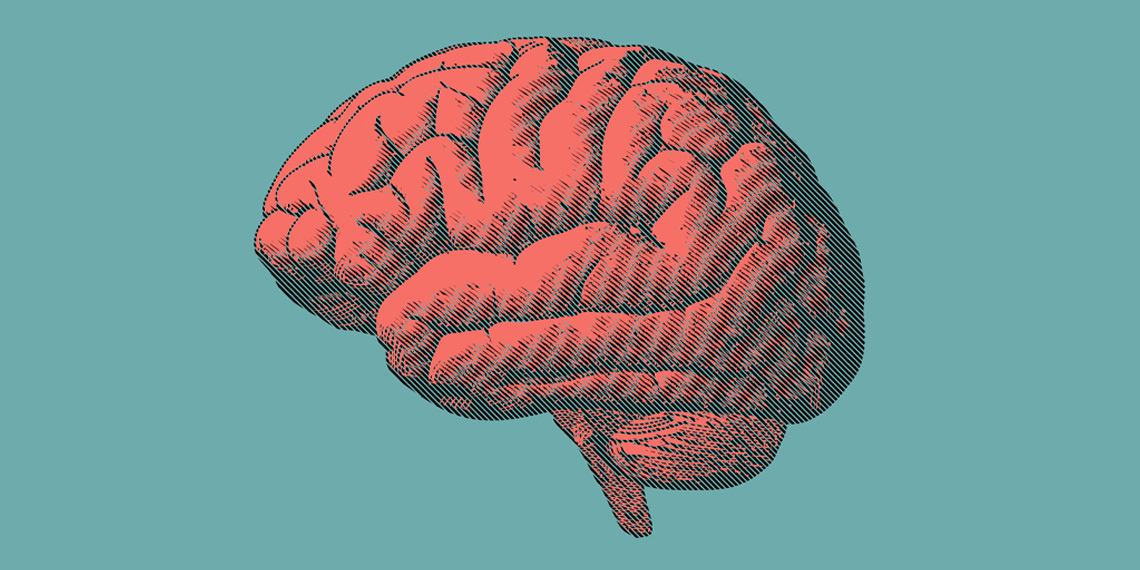Psychology has a repeatability problem. Turns out Zimbardo wasn’t completely honest about how hands-off the researchers were. The Stanford Prison Experiment is the latest famous experiment in psychology that is proving difficult to reproduce.
I remember learning about this in school and the point being driven home: humans are selfish, and the only thing holding society together is a fragile veneer of civility, ready to burst free the moment no one is looking.
What does a selfish human species imply about society? It means that any vision of a community-oriented society, any revolution or reformation that purports to progress beyond a free capitalist market system in order to end capitalist exploitation, is naïve — nay, illogical.
Science has long been regarded as a pure discipline, abstracted from any particular society because of its faithful empiricism. Leftists ought to keep in mind that science, as with all knowledge, has a social character which cannot be separated from its time and place, and not therefore from politics. Science is a tool which may be wielded for technological progress within an egalitarian society, but by the same token may be used to lend authority to a ruling class who almost exclusively possess the means by which that science is carried out.
”[T]he human essence is no abstraction inherent in each single individual. In its reality it is the ensemble of the social relations.” —Karl Marx, Theses on Feuerbach
Zimbardo appears to recognize this in his book about the experiment The Lucifer Effect, the thesis of which is that there aren’t “bad apples” so much as “bad barrels,” i.e. otherwise normal people can turn sociopathic in situations where sociopathic behavior is normalized or expected. Even assuming that the experiment was good science (it wasn’t), the conclusion that it represents evidence that humans are inherently cruel and selfish seems like a major misinterpretation of both the researchers’ hypothesis and their findings.
otherwise normal people can turn sociopathic in situations where sociopathic behavior is normalized or expected
Israel.
Settler colonialism is the “bad barrel”
the first clickbait social experiment (gone wrong)
And it’s really funny because they were basically just LARPing cops and robbers and doing what they thought they were supposed to do. And somehow it gets taught as gospel truth to laypeople. Most “experiments” in the 70s were just college kids and barely older than them professors doing drugs and crimes.
There was a study that claimed that if you aren’t WEIRD (Western Educated Industrialized Rich Democratic) psychology is basically pseudoscience. It even goes further to say that if you’re a mainline liberal psychology has better outcomes for you.
I don’t think they teach SPE after the first psych 101 module in the first sem of undergrad, experiments like that and the Milgram experiments are the reason ethics approval board exists and became a necessity.
Psychology has a repeatability problem
Research in general does, but yeah, there are a lot of biases involved that need to be controlled for in psych experiments. Turns out measuring objective correlates of subjective behavior isn’t so easy after all.
And when it does appear in intro psych courses, it’s almost always in a “this was fucked up we can never let this happen again” type of way, though I doubt they really explore all the ways that it was fucked up, nor how that study and its cultural impact continue to do harm
most of the time they act like the problem was that the thin veneer of society was removed, and not that a researcher did some bad shit for no reason.
In school they sorta paired this with Lord of the Flies when we were reading that one. There really wasn’t any examination of the context in which it was written and how it was more a critique of how British boys would sail off to do horrible things in the colonies and come back as “real men” but with nobody to brutalize they split themselves and brutalized each other. Saw a few videos on the experiment a while ago where the ‘researchers’ would encourage awful behavior and tell people to keep going even when they were uncomfortable in doing it. It was such a fabricated study. Plainly Difficult has a lot of interesting looks at some awful science that’s outright criminal and immoral.
when a group of boys was shipwrecked in real life, they helped each other
The boys went to Catholic school. Clearly the moral here is that protestants are evil.
Any psychology research done by a krakkker is sus
As a mayo psych researcher, I wish I could say this wasn’t true, but I also hate most psychology research and discourse. Not all fields are as bad as others, but god damn is a lot of psychology regressive
I’m several years into grad school, and every year I spend more time reading critical theory from sociologists or political theorists, and less time reading psychological research 🤷
more time reading critical theory from sociologists or political theorists, and less time reading psychological research

You’ve probably read this, but I’m linking it because it has a sources list.
https://www.hamptonthink.org/read/capitalism-and-mental-health
I just remembered what pushed me over the edge with my research actually, lmfao. i was at a conference about suicide (content warning, but i’m not really talking about sui in detail) research,
There was a researcher originally from China (but whose been based in the US for several decades now) that was presenting about how suicide-rates in China had decreased by 75% throughout the 1990’s and 2000’s, while rates increased around the world by ~30%. In the talk, he was explaining how this reduction was driven by a combination of changing material and social conditions: In a single lifetime, people who were born into deep poverty, who were raised in far away rural areas with little to no technology are now living in major metropolitan areas that rival the West’s best cities. At the same time, there’s been all kinds of social and cultural shifts about gender norms, self-determination, etc…
I was so interested in this talk, and i felt like all signs were pointing towards some kind of leftist or left-ish conclusion, but then it never happened. His talk just fizzled out. I asked him after the talk: What can Americans working in suicide-prevention, whether its front-line crisis workers or workers involved in policy, learn from his research? Does he think there is anything we in America/Canada can learn from China about how to rethink or reshape our economy to prevent suicide, e.g., uplifting the poor and/or reducing poverty and inequality? And he gave a super lib answers like “keep improving the economy” and “fund fossil fuel, keep driving your car”, [keep the imaginary line going up]"












